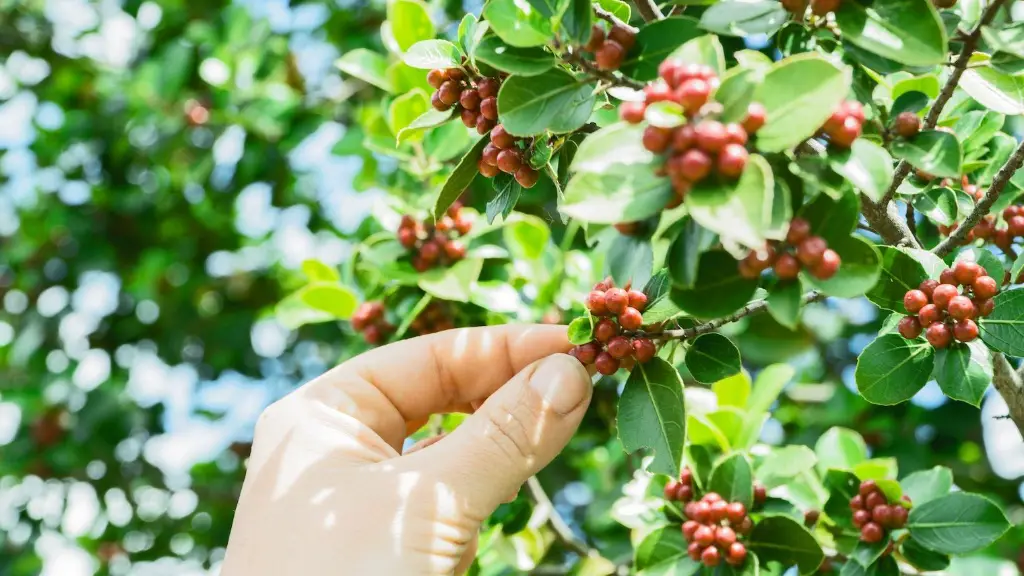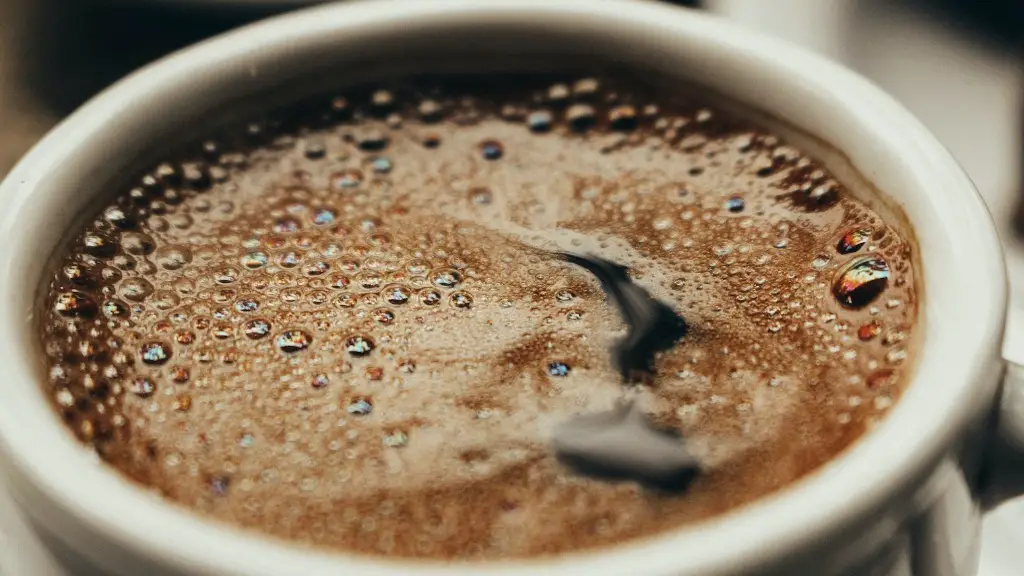Starbucks is one of the world’s largest and most famous coffee shops. Its presence is felt virtually everywhere – from small towns to big cities. But does Starbucks use organic coffee? This article explores the question and provides some insights into the company’s commitment to sustainability.
Organic coffee is grown without synthetic pesticides, fertilizers or other harmful chemicals, and cannot be grown using genetic engineering or irradiation. Organic standards vary from country to country, but the goal is always to protect the environment, farmers and consumers from potentially harmful effects of agrochemicals. As a result, certified organic coffee is praised for its quality and provenance.
Starbucks has been actively pursuing sustainable growth since 2011. As part of its commitment, it has implemented a sustainability program called “Cup Sustainability”. This program focuses on sourcing and driving sustainable purchasing practices throughout the company, including the use of certified organic coffee.
Starbucks uses certified organic coffee beans in select stores. Such certification means that the beans are grown in accordance with sustainable farming and environmental practices. Starbucks also partners with some of the largest organic coffee farms in the world and encourages farmers to use sustainable methods.
The company also offers certified organic coffees in some of its packaged and ground coffees. Starbucks also offers a range of Fair Trade certified coffees, which are sourced from farmers who are paid a fair price for their crops.
Overall, Starbucks has made great strides in using organic and sustainable materials, but it’s still just a small part of the company’s strategy. Starbucks does carry organic coffees but it doesn’t offer organic options in all of its stores. The company still depends heavily on conventional coffees, which means that it won’t be able to source all of its beans from sustainable sources any time soon.
Starbucks’ commitment to sustainability is an important step in the right direction, but there’s still a long way to go. The company needs to continue to support initiatives that foster sustainable practices and ethical sourcing of coffee beans, as well as improve its transparency and traceability of products.
Certification and Labelling
Organic certification is a critical part of providing assurance of sustainability for growers and consumers alike. In order for coffee to be certified organic, it must meet standards established by a certifying body. The certifying body inspects farms for adherence to the regulations and standards, and tests the products for use of chemical inputs.
Labelling is another important part of organic certification, as it provides consumers with information they can use to make informed purchase decisions. Organic certification requires all organic products to be clearly labelled, so that consumers know what they’re getting.
Starbucks has adopted Organic certification standards, and its products that meet the standards are clearly labelled. The company also uses the USDA Certified Organic seal and related seals on other products, to differentiate them from non-organic alternatives. Consumers can also use the labels to identify organic products in the store.
The Impact of Sustainable Practices
Organic coffee is also more expensive to produce, because of the additional costs associated with organic farming and certification. But organic farming does have its benefits. It improves soil health and fertility, reduces erosion and water pollution, and encourages biodiversity. It also offers improved livelihoods for farmers, as organic coffee is seen as a premium product and can fetch higher prices.
The use of organic coffee has also had an impact on Starbucks’ reputation, as customers appreciate its commitment to sustainability and ethical sourcing. In addition, Starbucks has used its platform to support farmers and communities in coffee-producing regions, providing educational and training opportunities to help them better manage their farms.
The Future of Organic Coffee at Starbucks
Starbucks has made a commitment to sustainability and ethical sourcing, and is taking steps to make its supply chain more transparent and traceable. However, there is still a long way to go before the company can claim that all of its products are sustainably sourced.
In the future, Starbucks will likely continue to increase its offerings of certified organic coffee, and add more Fair Trade certified products to its menu. The company is also likely to focus on educating customers about sustainable sourcing, and to continue to provide farmers and communities in coffee-producing regions with opportunities to improve their livelihoods.
Transparency and Traceability
Transparency and traceability are essential for providing assurance of sustainability and ethical sourcing. Starbucks has taken a number of steps to improve the traceability of its products, including using blockchain technology to track the origin and sustainability of its coffee beans.
The company has also implemented a sourcing mapping system that allows it to track beans from farm to cup. With this system, the company can track the sources of its coffee beans and ensure that they’re meeting sustainability standards. Starbucks is also taking steps to increase transparency in its supply chain, by providing more information about the origin of its beans and the communities it sources them from.
Ensuring Quality Control
Finally, Starbucks is also implementing quality control measures to ensure that it is sourcing the highest quality coffee beans. The company has implemented a cupping process which it uses to assess and grade the beans before they’re purchased. The process ensures that the beans are of the highest quality and that they meet the company’s standards.
Starbucks is also working to build relationships with suppliers and to ensure that the company is sourcing the best beans available. By working with farmers directly, Starbucks has been able to create a network of suppliers that are committed to sustainable practices, and provide good quality beans.
The Role of the Consumer
Consumers also have an important role to play in ensuring sustainable sourcing and ethical production practices. By purchasing certified organic and Fair Trade products, consumers are helping to support farmers and communities in coffee-producing regions. They’re also helping to promote sustainability and ethical sourcing, and encouraging companies to be more transparent in their sourcing practices.
In conclusion, although Starbucks has made great strides in its commitment to sustainability, there is still more work to be done. The company still relies heavily on conventional coffee beans and needs to expand its sustainable sourcing. Starbucks is also working to increase transparency and traceability in its supply chain, and to ensure that it is sourcing the highest quality beans. Consumers can also play a role in supporting sustainable sourcing, by purchasing certified organic and Fair Trade products.





